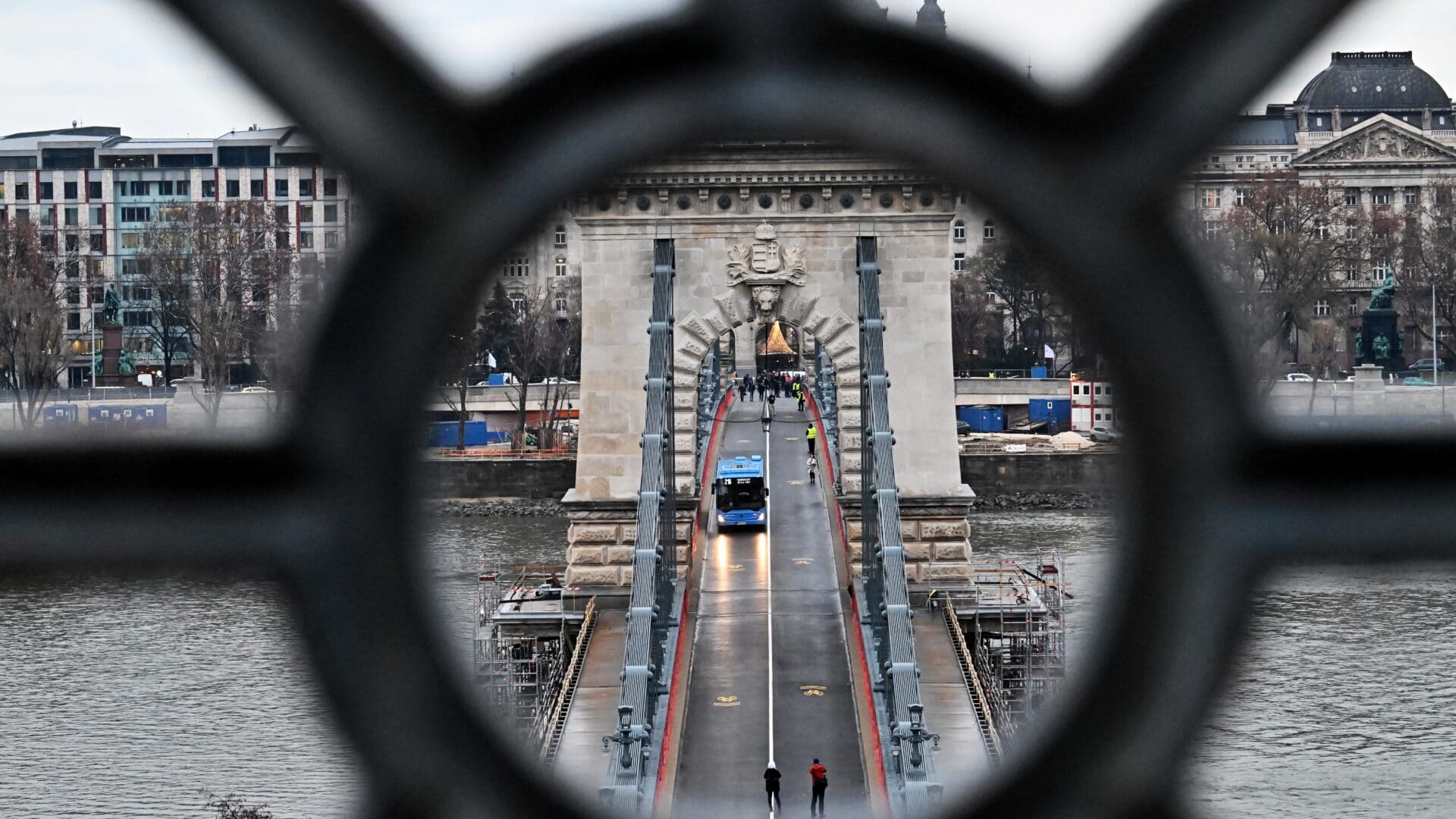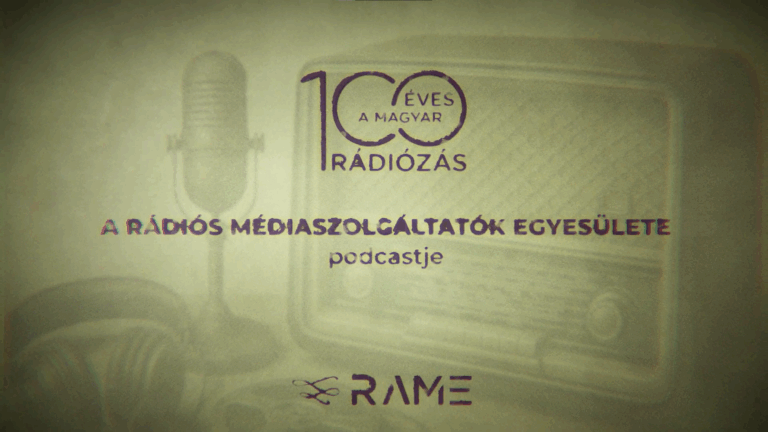Budapest has won the European Commission’s award for the programmes and developments implemented during last year’s European Mobility Week.
The aim of the European Mobility Week, announced annually by the European Commission, is to promote and make sustainable transport more accessible. Within the framework of the programme, the events held between 16–22 September last year in 64 cities across 21 European countries were evaluated by the Brussels body.
According to the information provided by the EC, Budapest’s recognized initiatives as part of the programme included the car-free weekend organized with the involvement of the Budapest Transport Centre (BKK), as well as the European Car-Free Day held on weekdays, during which Mayor Gergely Karácsony presented plans for the human-friendly and green renewal of the lower embankment of Pest. The programme also included events aimed at showcasing best practices in pedestrian- and cyclist-friendly developments, jointly organized with the city of Vienna, targeting both the general public and professionals.
They also stated that as part of the 2023 campaign focusing on energy-saving opportunities in the transport sector, Budapest Road Construction, under the direction of 0042udapest Roads, designated traffic-calmed bicycle-friendly routes covering nine kilometres towards Örs vezér square, Csömör, Sashalom, and Szilaspatak, as well as Rákosmente. They made Gázgyár Street leading to the Római-part (Roman Beach) safer for weekday commuting and weekend outings by extending it by eight hundred metres, and constructed a new pedestrian crossing at the intersection of Zugligeti and Zalai roads, where a nursery, two kindergartens, and a primary school are located.
European Commission
When sustainable mobility is high on the agenda, we all win. 🏆 The winner of the European Mobility Award 2023 is the city of Budapest 🇭🇺! The city is leading the way when it comes to…
During the Mobility Week, an exhibition showcasing the transformation of Budapest’s public spaces was on display in the City Hall Park, demonstrating their original pedestrian-friendly appearance, their transformation into car-centric designs, and their return to pedestrian-friendly forms.
The European Commission’s award was received on Thursday evening in Brussels by Deputy Mayor responsible for urban maintenance Kata Tüttő, and Head of the Climate and Environmental Department responsible for City Hall’s mobility week programmes Ada Ámon. At the award ceremony, Deputy Director-General for Mobility and Transport at the European Commission Herald Ruijters praised Budapest, highlighting the achievements in energy efficiency and the steps taken to make the city’s public spaces more pedestrian- and cyclist-friendly in response to one of the main challenges posed by the Russian war against Ukraine.
Sixty-four European cities competed for the award, with Budapest, Innsbruck from Austria, and Amadora from Portugal reaching the final round.
Related articles:
Sources: Hungarian Conservative/European Commission/MTI








